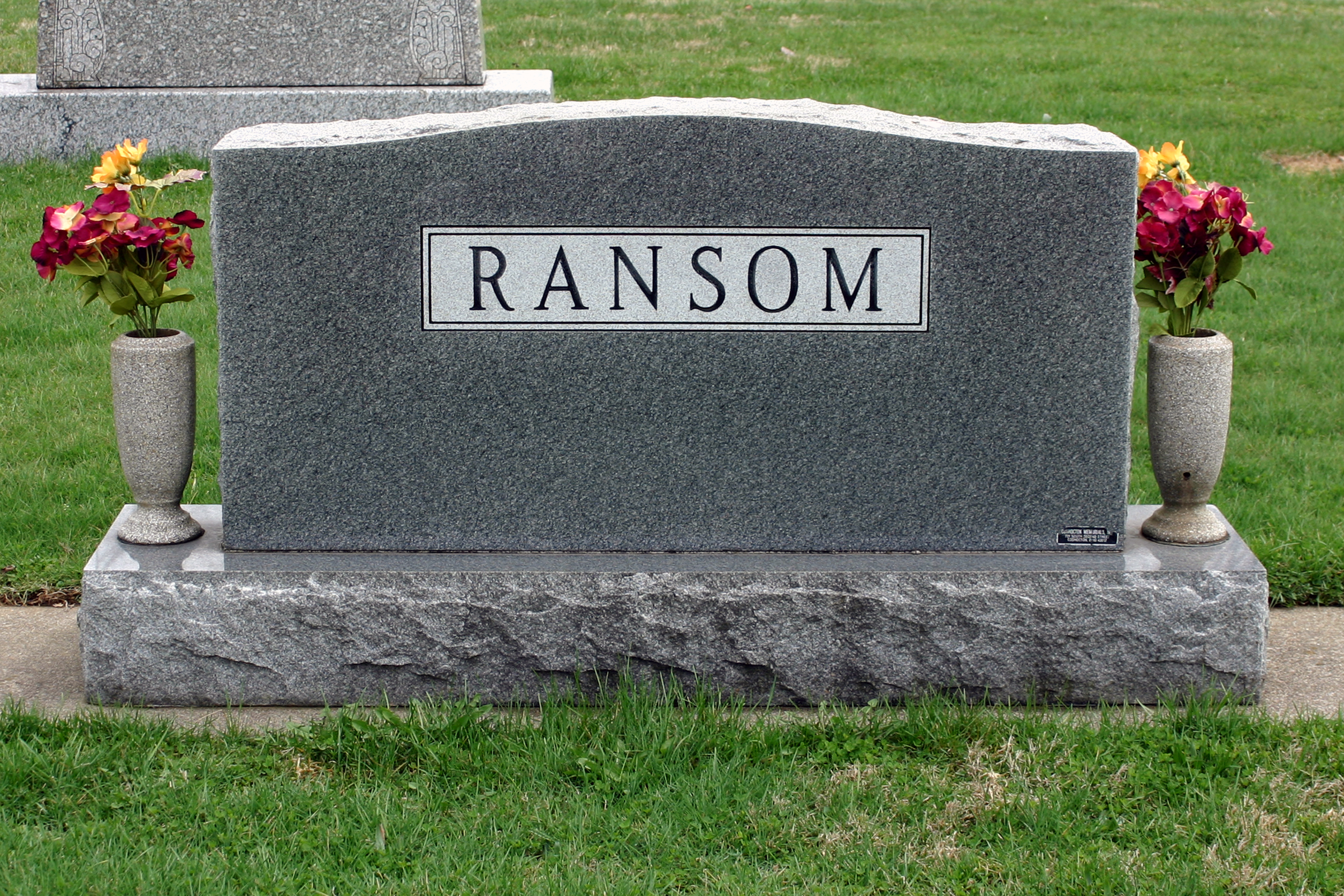
05 Jan My mom died and I’m managing her estate. Now what?
Photo: click/morguefile.comQ. I’m the executor of my mom’s estate valued at $300,000. How do I estimate the federal and New Jersey taxes due? I have created an estate checking account for her. There are hospital, medical, pharmacy and nursing home bills to be paid. The remaining funds are to be equally shared by myself and two brothers. We have also received approximately $5,500 each from her pension fund and an annuity. Do we owe New Jersey taxes only on these beneficiary distributions?
A. It’s never easy when a loved one dies, and the estate tax laws and requirements don’t make it any easier.
Estate tax rules are their own brand. We’ll get to that in a moment.
Most people are familiar with income taxes. If you live in New Jersey and earn a certain amount of income, you have to file a federal income tax return and a New Jersey income tax return, said Mary Scrupski, a Robbinsville-based estate planning attorney. These returns are due every year on April 15.
When someone dies, you have to deal with two more categories of taxes: estate taxes and inheritance taxes.
“There is a federal estate tax that is imposed on very large estates,” Scrupski said. “As of Jan. 1, 2015, the federal exemption amount is $5.43 million, and most married couples can double this amount by filing a federal estate tax return on the death of the first spouse and claiming the unused exemption. This is called `portability.'”
Then there’s New Jersey, which has both an inheritance tax and an estate tax. Scrupski said the exemption amount for New Jersey estate tax, $675,000, is much lower than the federal amount. And unlike the federal amount which now increases each year with inflation, the New Jersey limit is locked in at the 2001 level. And also unlike the federal estate tax, there is no portability of the exemption.
“Even though estate tax planning may not be necessary from a federal point of view, given the much lower threshold for New Jersey, if a married couple owns assets totaling more than $675,000, they should consider meeting with an estate planning attorney or accountant to investigate how to maximize the assets passing to their heirs,” she said.
You also have to consider New Jersey’s inheritance tax on transfers to certain classes of beneficiaries. These thresholds or exemption amounts are much lower than for estate taxes, Scrupski said.
There is no inheritance tax if property is left to an immediately family member such as a spouse, child or parent. There is a tax, however, on transfers between siblings and other more distant relatives such as nieces and nephews.
“The first $25,000 passing to a sibling is exempt. Anything over $25,000 is taxed,” Scrupski said. “The tax rates range from 11 to 16 percent.”
You can leave $499.99 to a niece or nephew without them having to pay any inheritance tax, but if you leave more than $500 to a niece or nephew or a non-relative, the tax rate is 15 percent for the first $700,000 and 16 percent for anything over $700,000, Scrupski said.
In other words, there is no exemption if the transferred amount is greater than $500.
With respect to your particular situation, a $300,000 estate would not be subject to any federal estate taxes or New Jersey estate tax, Scrupski said. And because the entire estate passes to Class “A” beneficiaries, namely, children of the deceased, there would be no New Jersey inheritance tax. If taxes had been due, the estate tax (both federal and New Jersey) is due nine months after the date of death and the inheritance tax is due eight months after the date of death, she said.
“With respect to the pension and annuity, most likely these payments — or at least a part — will have to be reported by the beneficiary as income,” Scrupski said. “They are also considered part of the estate for New Jersey estate tax, but if the overall value of everything, including the pension and annuities, is less than $675,000, there will be no New Jersey estate tax.”
Scrupski said if the beneficiary is the deceased’s child, there is no inheritance tax.
You also need to be aware that the estate is a new taxpayer — different from your deceased mom. It will have to file its own income tax return on income earned by the estate after the date of death.
“Like an individual, an estate might have to make estimated payments of income tax on a quarterly basis,” Scrupski said. “However, there are several exceptions to when an estate has to make estimated taxes. For example, an estate does not have to make estimated payments for any tax year ending before the date that is two years after the decedent’s death, so in most cases an estate is not required to make estimated payments.”
You may want to speak with an estate planning attorney about the estate, just to be sure you’re doing it all correctly.
Email your questions to Ask@NJMoneyHelp.com.
This story was first posted in January 2015.
NJMoneyHelp.com presents certain general financial planning principles and advice, but should never be viewed as a substitute for obtaining advice from a personal professional advisor who understands your unique individual circumstances.
